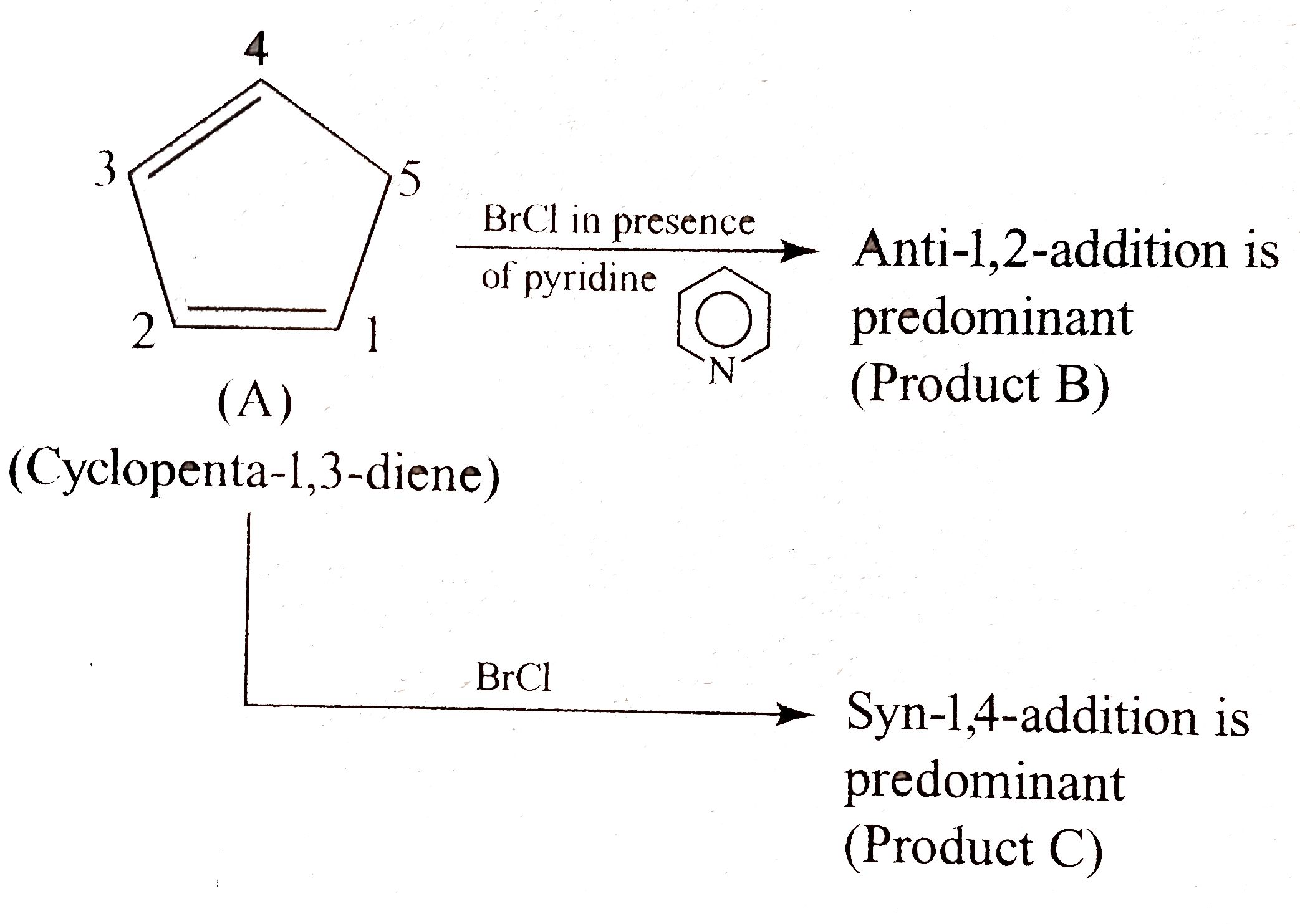Which of the following statement is/are wrong?
At equilibrium, concentrations of reactants and products become constant because the reaction stops.
Addition of catalyst speeds up the forward reaction more than the backward reaction.
Equilibrium constant of an exothermic reaction decreases with increase of temperature.
Kp is always greater than K.
The correct Answer is:A, B, D
To determine which statements are wrong regarding chemical equilibrium, let's analyze each option step by step:
Step 1: Analyze the First Statement
Statement: "At equilibrium, concentrations of the reactants and products become constant because the reaction stops."
Analysis:
- The first part of the statement is correct; at equilibrium, the concentrations of reactants and products remain constant.
- However, the reason provided is incorrect. The reaction does not stop; it continues in both the forward and backward directions at equal rates. Therefore, this statement is wrong.
Step 2: Analyze the Second Statement
Statement: "Addition of a catalyst speeds up the forward reaction more than the backward reaction."
Analysis:
- This statement is misleading. A catalyst speeds up both the forward and backward reactions equally. It does not favor one over the other. Hence, this statement is also wrong.
Step 3: Analyze the Third Statement
Statement: "Equilibrium constant of an exothermic reaction decreases with increase of temperature."
Analysis:
- This statement is true. For an exothermic reaction, increasing the temperature shifts the equilibrium position to favor the reactants, which results in a decrease in the equilibrium constant (K). Thus, this statement is correct.
Step 4: Analyze the Fourth Statement
Statement: "Kp is always greater than Kc."
Analysis:
- This statement is incorrect. The relationship between Kp and Kc depends on the change in the number of moles of gas during the reaction (stoichiometry). Kp can be equal to, greater than, or less than Kc depending on the specific reaction. Therefore, this statement is wrong.
Conclusion
Based on the analysis, the wrong statements are:
1. The first statement is wrong.
2. The second statement is wrong.
3. The fourth statement is wrong.
Thus, the answer to the question is that the wrong statements are options 1, 2, and 4.
---
Statement: "At equilibrium, concentrations of the reactants and products become constant because the reaction stops."
- The first part of the statement is correct; at equilibrium, the concentrations of reactants and products remain constant.
- However, the reason provided is incorrect. The reaction does not stop; it continues in both the forward and backward directions at equal rates. Therefore, this statement is wrong.
Statement: "Addition of a catalyst speeds up the forward reaction more than the backward reaction."
- This statement is misleading. A catalyst speeds up both the forward and backward reactions equally. It does not favor one over the other. Hence, this statement is also wrong.
Statement: "Equilibrium constant of an exothermic reaction decreases with increase of temperature."
- This statement is true. For an exothermic reaction, increasing the temperature shifts the equilibrium position to favor the reactants, which results in a decrease in the equilibrium constant (K). Thus, this statement is correct.
Statement: "Kp is always greater than Kc."
- This statement is incorrect. The relationship between Kp and Kc depends on the change in the number of moles of gas during the reaction (stoichiometry). Kp can be equal to, greater than, or less than Kc depending on the specific reaction. Therefore, this statement is wrong.
Based on the analysis, the wrong statements are:
1. The first statement is wrong.
2. The second statement is wrong.
3. The fourth statement is wrong.
Topper's Solved these Questions
- CHEMICAL EQUILIBRIUMBOOK - CENGAGE CHEMISTRY ENGLISHCHAPTER - CHEMICAL EQUILIBRIUMEXERCISE - Exercises (Single Correct)
58 Videos
- CHEMICAL EQUILIBRIUMBOOK - CENGAGE CHEMISTRY ENGLISHCHAPTER - CHEMICAL EQUILIBRIUMEXERCISE - Exercises (Assertion-Reasoning)
15 Videos
- CHEMICAL EQUILIBRIUMBOOK - CENGAGE CHEMISTRY ENGLISHCHAPTER - CHEMICAL EQUILIBRIUMEXERCISE - Exercises (Linked Comprehensive)
54 Videos
- CHEMICAL BONDING AND MOLECULAR STRUCTUREBOOK - CENGAGE CHEMISTRY ENGLISHCHAPTER - CHEMICAL BONDING AND MOLECULAR STRUCTUREEXERCISE - Archives Subjective
15 Videos
- CLASSIFICATION AND NOMENCLATURE OF ORGANIC COMPOUNDSBOOK - CENGAGE CHEMISTRY ENGLISHCHAPTER - CLASSIFICATION AND NOMENCLATURE OF ORGANIC COMPOUNDSEXERCISE - Analytical and Descriptive Type
3 Videos
Similar Questions

Which of the following statements is/are wrong ?
View SolutionWhich of the following statements is/are wrong?
View SolutionWhich of the following statements is/are wrong?
View SolutionWhich of the following statements is/are wrong?
View SolutionWhich of the following statements is/are wrong?
View SolutionWhich of the following statements is/are wrong?
View SolutionWhich of the following statements is/are wrong ?
View SolutionWhich of the following statements is/are wrong, about the more stability of chair form than boat form?
View SolutionWhich of the following statements is/are wrong?
View SolutionWhich of the following statements is/are wrong?
View Solution
